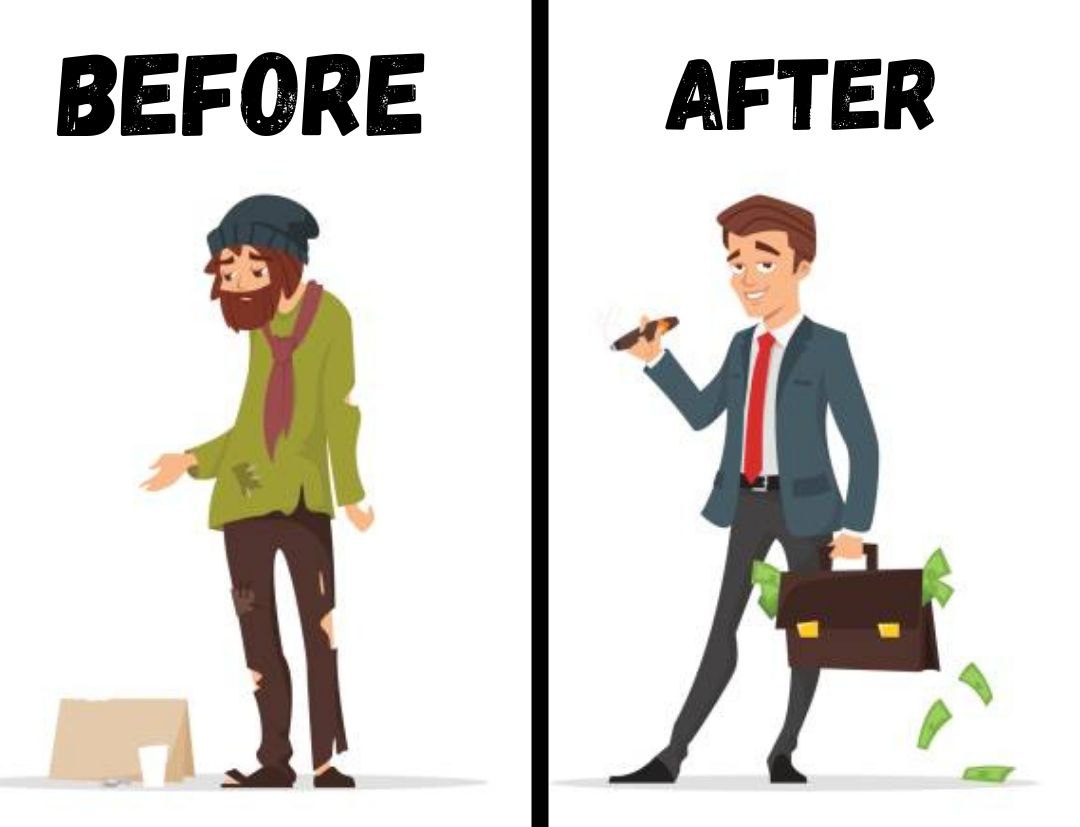Does Nigeria’s Education System Prepare You for a World That No Longer Exists?

If you’re in college and you feel like the world is moving without you… it’s because it is. The Nigerian education system is like using a Nokia 3310 in a world ruled by iPhones . It’s built to produce obedient workers for jobs that don’t exist anymore, using outdated content and a structure that hasn’t evolved in decades. While the world is racing into the future, Nigerian students are stuck learning for a past that’s long gone — and the cost is their future. Let’s break it down. 1. Outdated Curriculum in a Rapidly Changing World Most Nigerian schools still teach the same things they taught 20 years ago — often word-for-word. Meanwhile, the global economy has moved into artificial intelligence , machine learning , e-commerce , remote work , content creation , fintech , and digital skills . But here’s what’s wrong: Students still spend years studying logarithms, but never learn how to manage money. Graduate...








